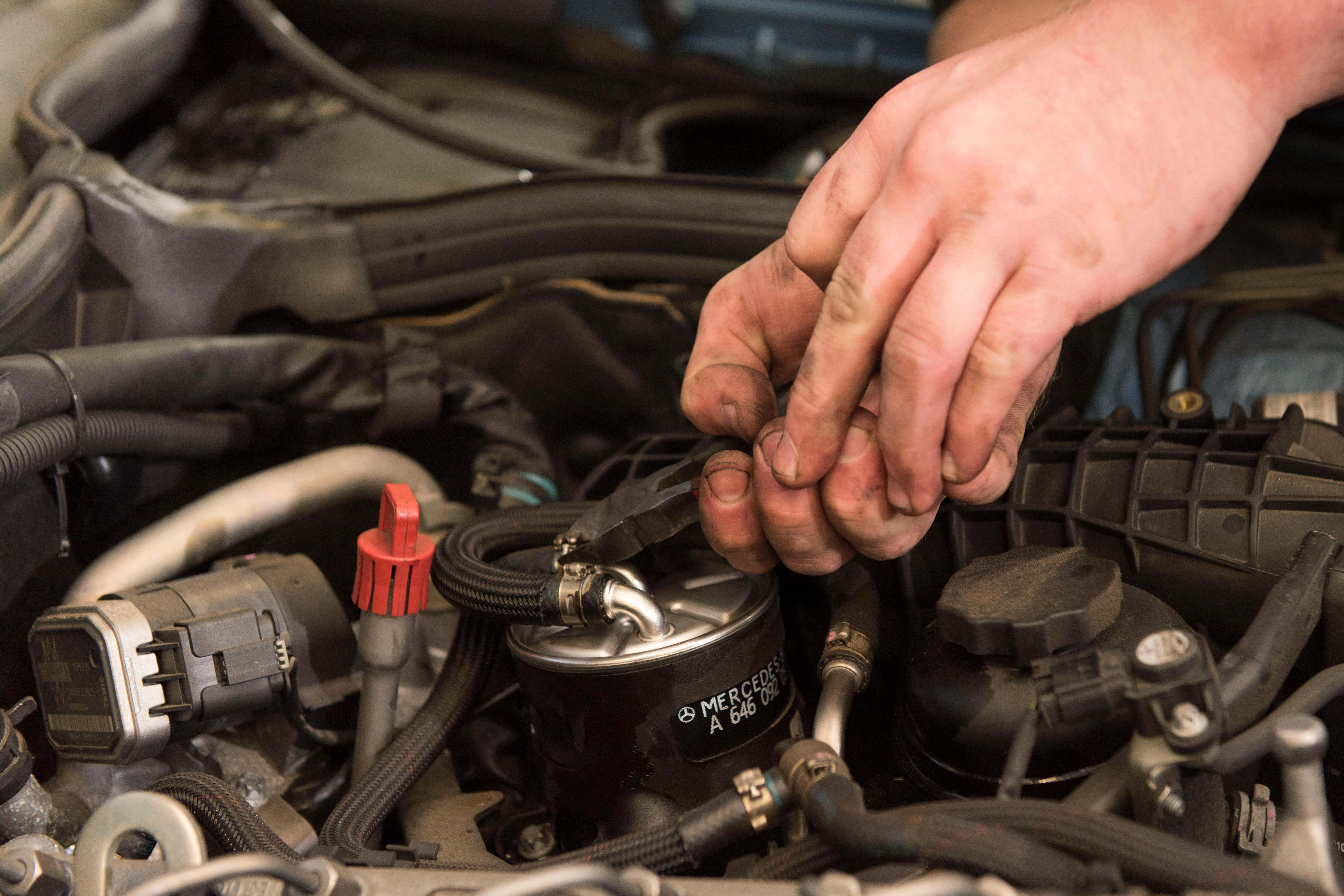Government drops proposed relaxation of MOT rules
The Department for Transport consulted on requiring new vehicles to have an MOT after four years rather than three.

Your support helps us to tell the story
From reproductive rights to climate change to Big Tech, The Independent is on the ground when the story is developing. Whether it's investigating the financials of Elon Musk's pro-Trump PAC or producing our latest documentary, 'The A Word', which shines a light on the American women fighting for reproductive rights, we know how important it is to parse out the facts from the messaging.
At such a critical moment in US history, we need reporters on the ground. Your donation allows us to keep sending journalists to speak to both sides of the story.
The Independent is trusted by Americans across the entire political spectrum. And unlike many other quality news outlets, we choose not to lock Americans out of our reporting and analysis with paywalls. We believe quality journalism should be available to everyone, paid for by those who can afford it.
Your support makes all the difference.A proposed relaxation of MOT rules has been dropped by the Government.
Roads minister Guy Opperman said the Department for Transport (DfT) has “listened to drivers and industry”.
In January last year, the DfT launched a consultation on proposals to require new cars, motorbikes and vans in Britain to have their first MOT four years after being registered, compared with three years currently, to cut costs for drivers.
We are on the side of motorists
Views on the frequency of MOTs – which under existing regulations are every 12 months after the first test – were also sought.
Mr Opperman said: “We have listened to drivers and industry, and keeping MOTs in their current form shows once again that we are on the side of motorists.
“By offering clarity on MOT tests, alongside our recent street works consultation and unprecedented £8.3 billion to resurface roads, we are helping motorists drive with peace of mind and ensuring Britain’s roads continue to be some of the safest in the world.”
The DfT has pledged to explore how MOTs can be modernised for electric and self-driving vehicles.
RAC head of policy Simon Williams said: “It’s great news the madcap idea of changing the MOT from every year to every two has finally been consigned to the bin.
“This would have seriously compromised road safety and ended up costing drivers more money rather than less as it was supposed to do, due to dangerous issues going undetected and getting progressively worse.”
AA chief executive Jakob Pfaudler said: “AA polling showed drivers overwhelmingly (83%) supported the annual MOT for keeping their cars and other cars safe.
“With one in 10 cars failing their first MOT, we fully support the Government’s pragmatic decision to maintain the first MOT at three years and annually thereafter.”
Nicholas Lyes, director of policy and standards at road safety charity IAM RoadSmart, said: “An MOT gives drivers confidence their vehicle is conforming to minimum roadworthiness standards, and many see it as an essential technical health check.
“We welcome the Government listening to drivers and prioritising both road safety and emissions as part of this package of announcements.”
In the consultation, the DfT said MOTs cost an average of £40 and delaying the first test for new vehicles could save motorists around £100 million a year in total.
It also stated that conducting the first roadworthiness tests for new vehicles after four years is “standard practice” across many European countries including Belgium, Denmark, France, Italy, Spain and Portugal.
Drivers can be fined up to £1,000 for using a vehicle without a valid MOT.
The tests check a number of parts such as lights, seatbelts, tyres and brakes to ensure they meet legal standards.